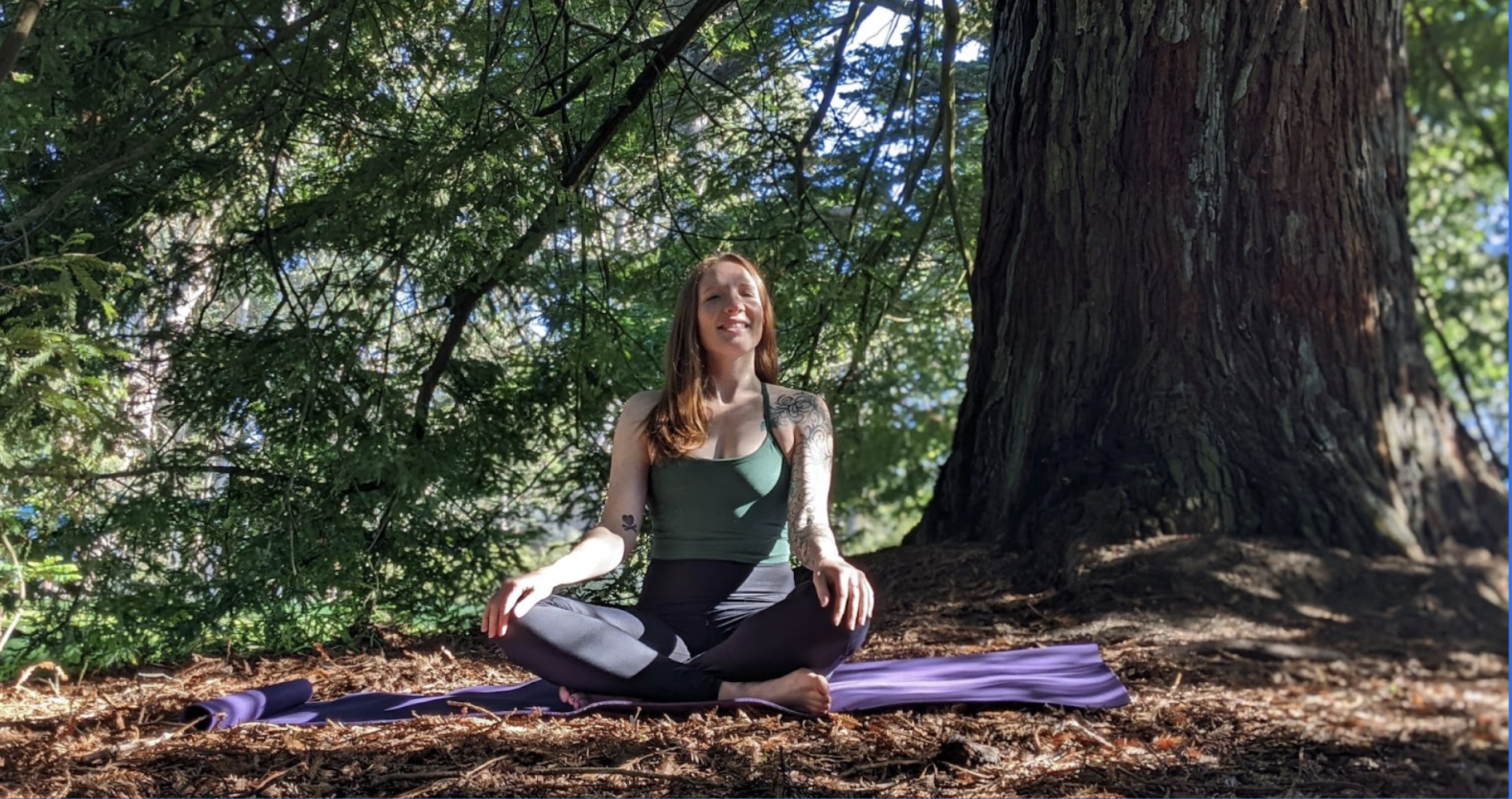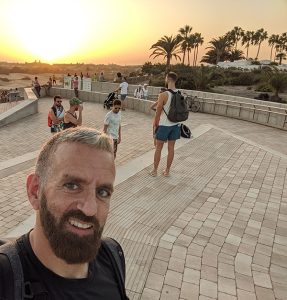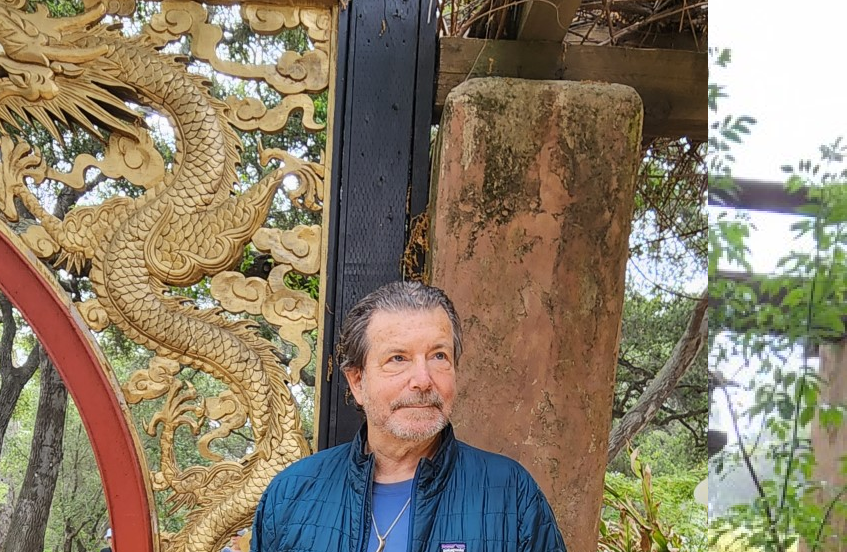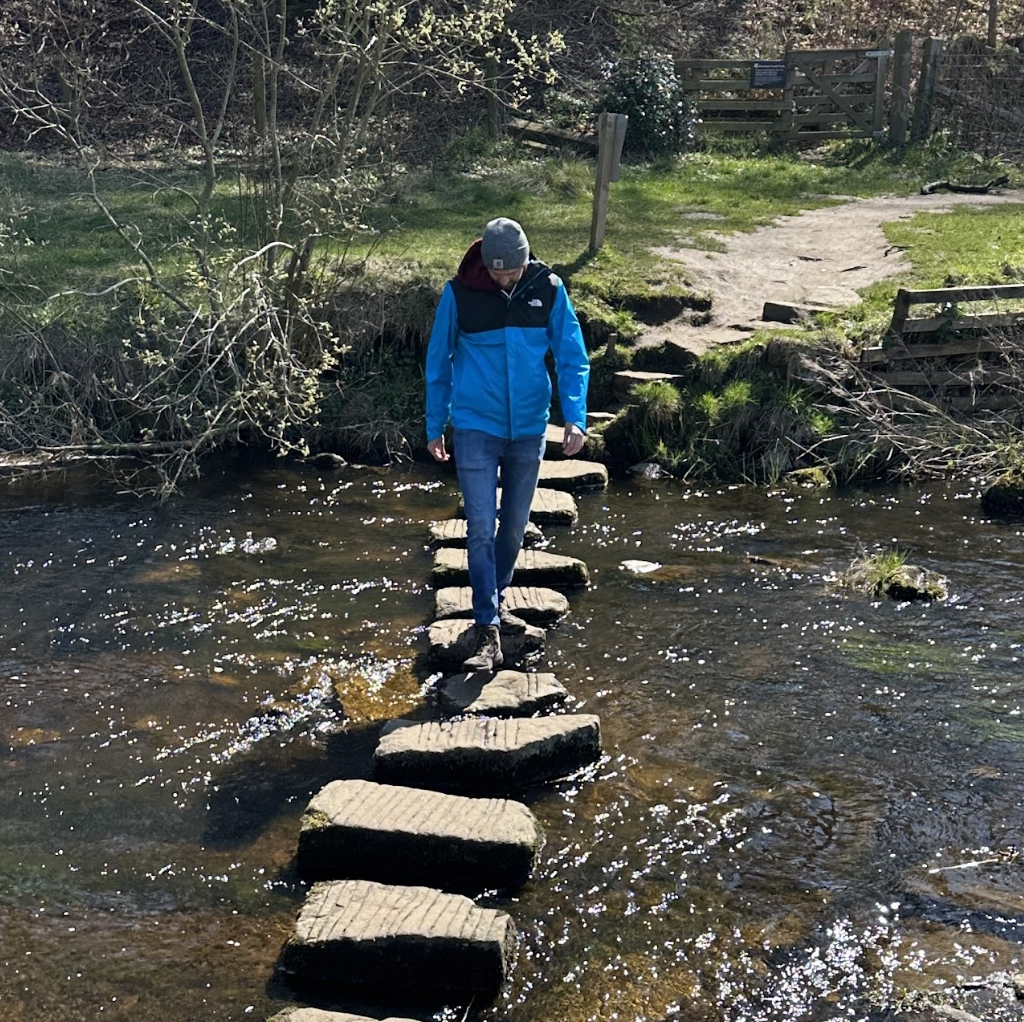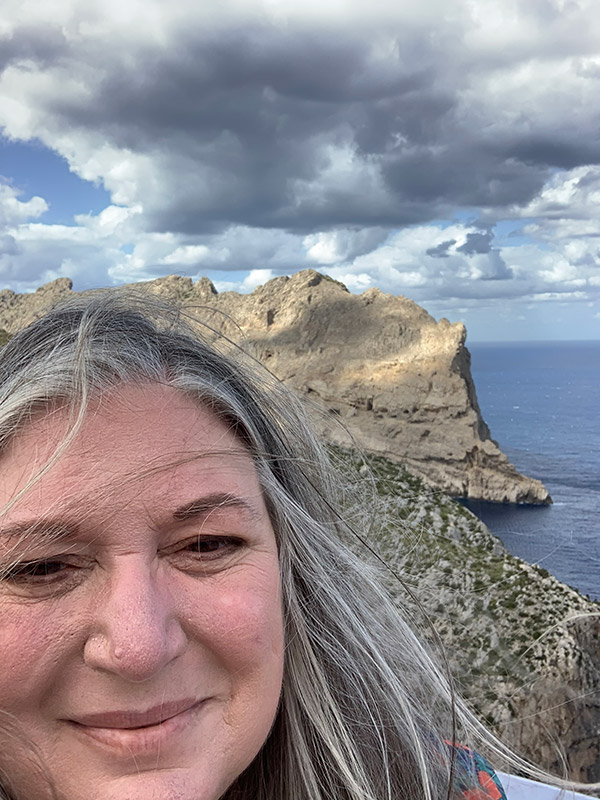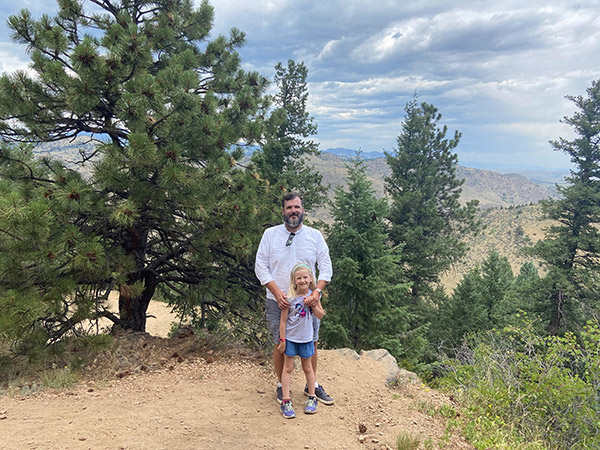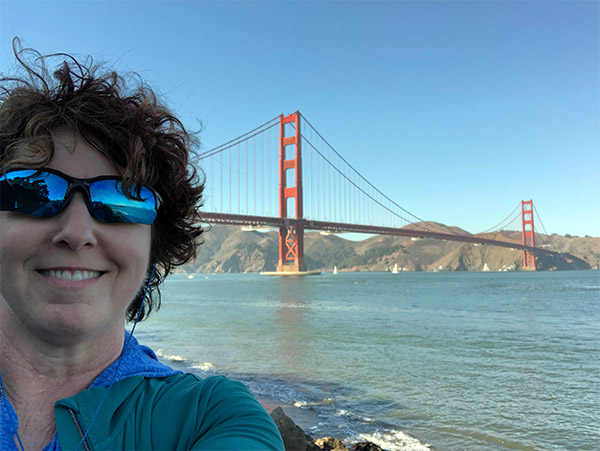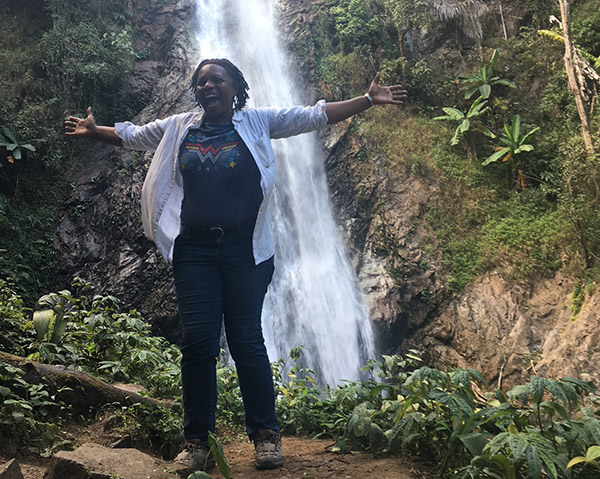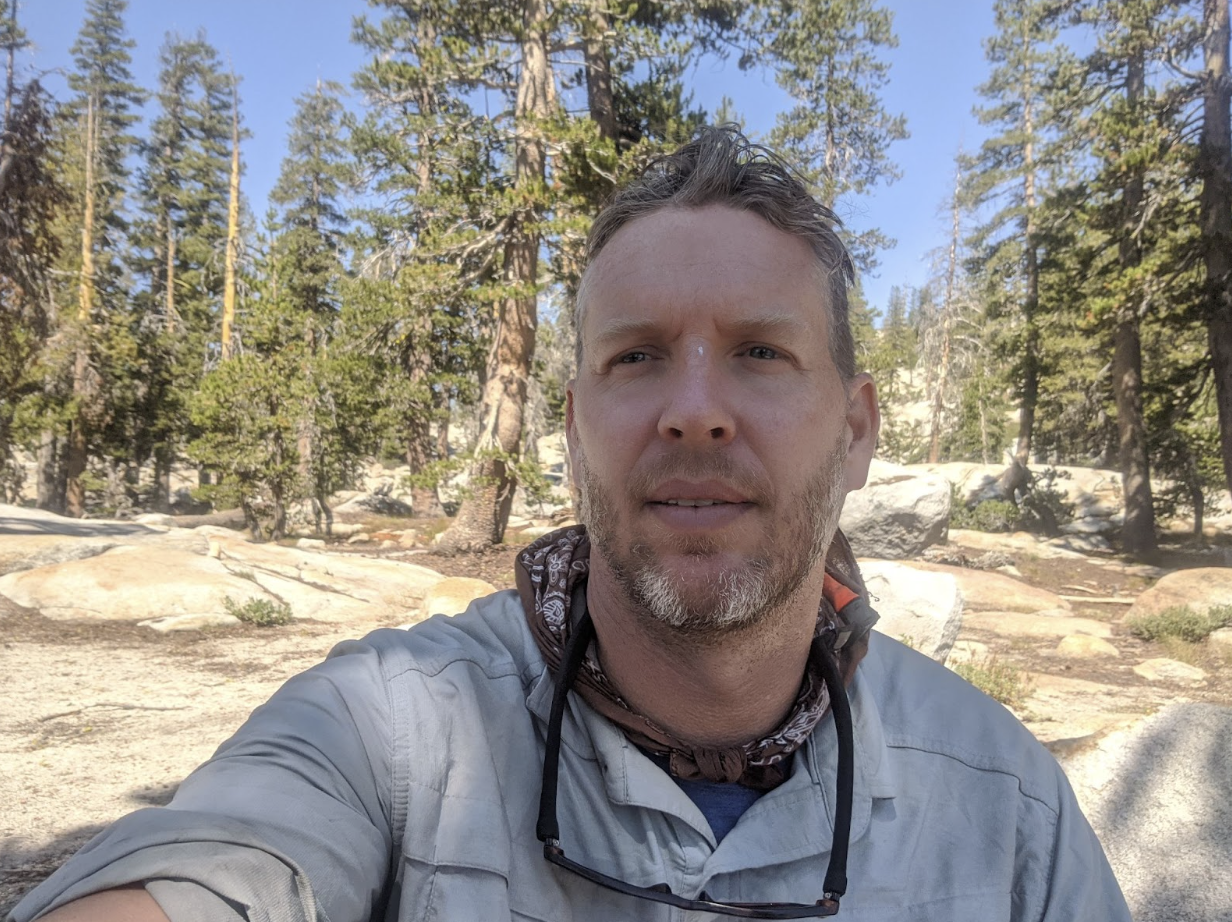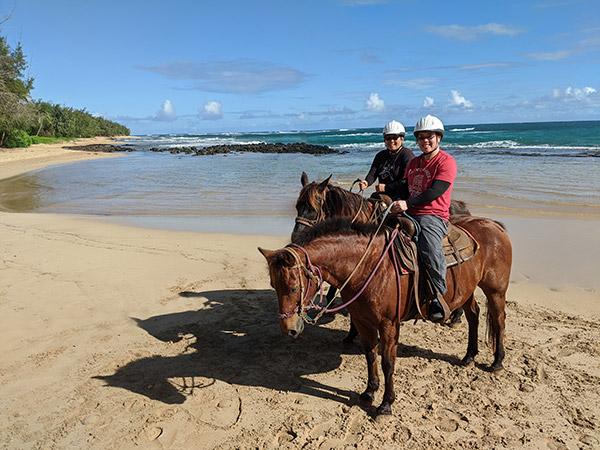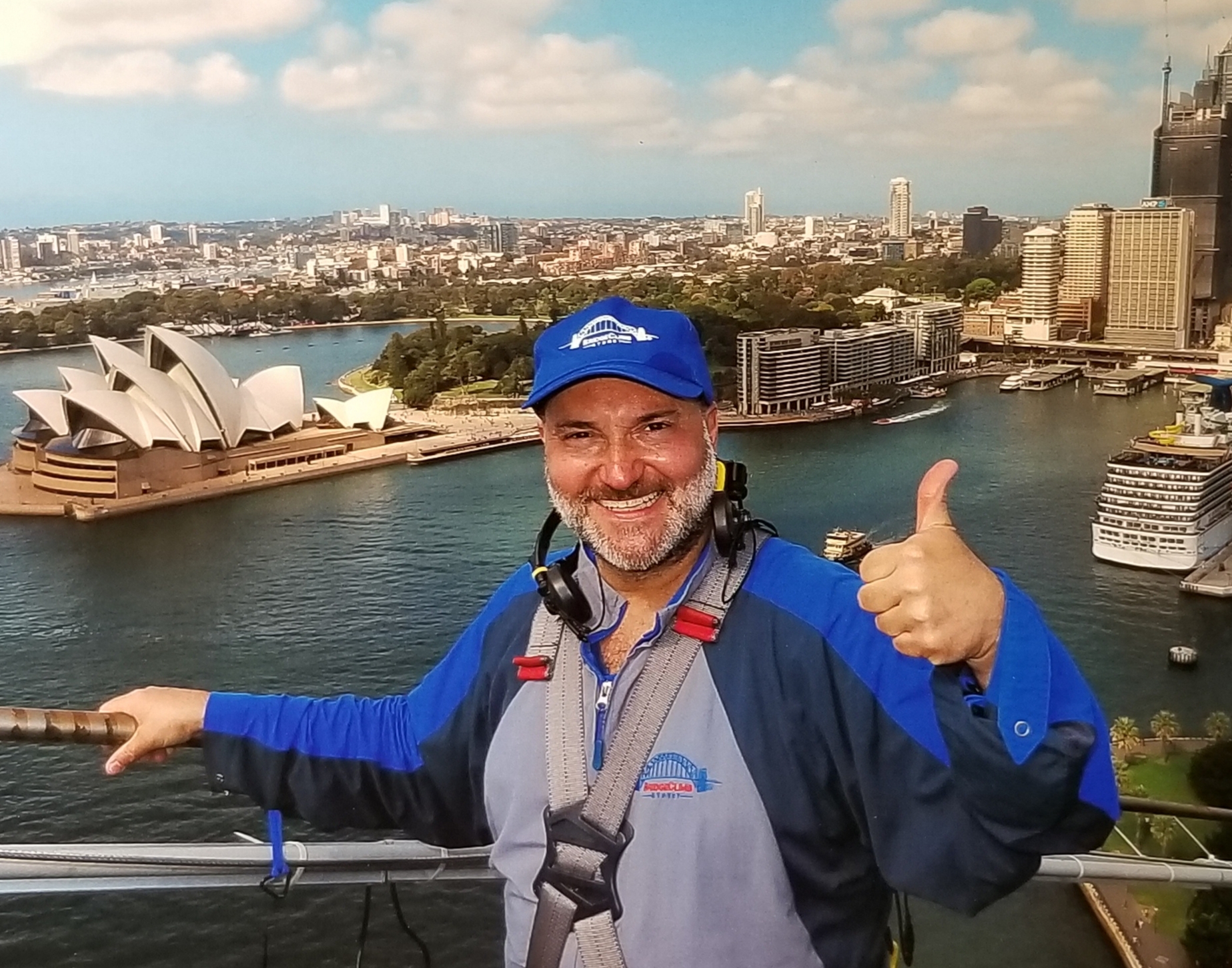Good Content Means More than SEO
Content marketing comes in for a good dealing of bashing, often deservedly. The Content Marketing Institute defines the concept as a “strategic marketing approach focused on creating and distributing valuable, relevant, and consistent content to attract and retain a clearly-defined audience — and, ultimately, to drive profitable customer action.” But in practice, as J. R. Hennessy wrote last year in the Guardian, “the websites at the top of any given search are the ones which have most effectively leveraged SEO tactics, forcing themselves into the listings through technological sophistry.”
What is SEO?
SEO, of course, is search engine optimization—the effort to rank high on Internet search listings. Since Google offers the world’s top search engine, it’s not surprising that the company itself often provides very good content. Take a look at Google’s annual Economic Impact Report. We know about this great project at Wordsmithie because we helped Google produce it the past two years. It tells how Google has helped businesses in all fifty American states.
Case studies
Consider just one example from the latest report. Like many other small businesses, the Acme Tow Dolly Company in North Carolina nearly went under in 2009. Then the owner tried AdWords, Google’s advertising program, which helped him turn his business around. I point this out not to boost a client’s product, but because the North Carolina content is brief, informative and useful. It offers a possible solution to a problem faced by similar businesses. So do all of the other case studies in the report.
The economic-impact site addresses business concerns. For great consumer-oriented content, zoom on over to the Harley-Davidson website. There you’ll find plenty of information on Harley motorcycles, sure. But you’ll also see lots of information on learning to ride or becoming a better rider, guides to customization, financing and insurance, owners’ groups, Harley-Davidson history and museum, various rider communities, the companies ties with the military and veterans groups, a ride planner, links to state-by-state motorcycle laws, plus PDFs, videos, and more. Harley-Davidson expects to sell motorcycles on the site, certainly. But they also work hard to offer good information for all bikers, no matter whether they’re looking for shiny new Harleys. This is a fine example of a company not only telling its own story, but the stories of customers as well. And by doing so, it’s doing more than raising the SEO ranking—Harley is burnishing its image and reputation, too.
Why first page results matter
The content creators at Google and Harley-Davidson recognize the same truth—that if you’re reaching the first page of search results through what Hennessy called “boring subterfuge,” you really haven’t accomplished much. You’re simply waving your hands and attracting attention, without actually having anything worthwhile to say once you get it. You also need to provide useful content to the audience you attract to your website. Otherwise, they’ll leave frustrated or disappointed with your brand—the exact opposite of what you hoped to accomplish.























